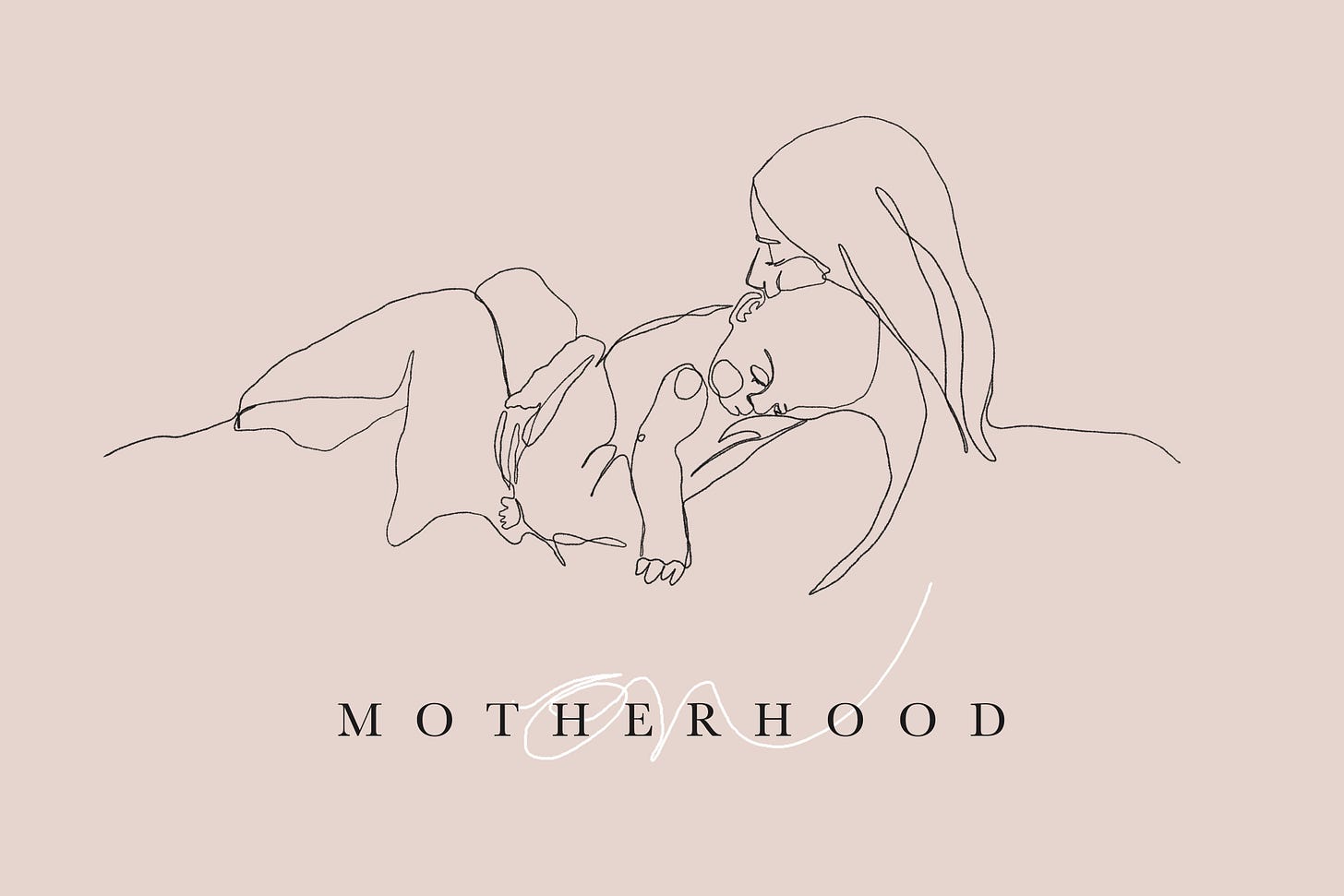You’ve been Earthside for as long as I carried you within my body.
I wonder if you were in a hurry. Was it you or was it me? Did I rush you, my love?
The tendency to hurry is a malady I was born with.
I, too, came early but it was nine weeks instead of three and I had to live in a plastic bubble in order to breathe. I rushed to get here, rushed to get ho…




